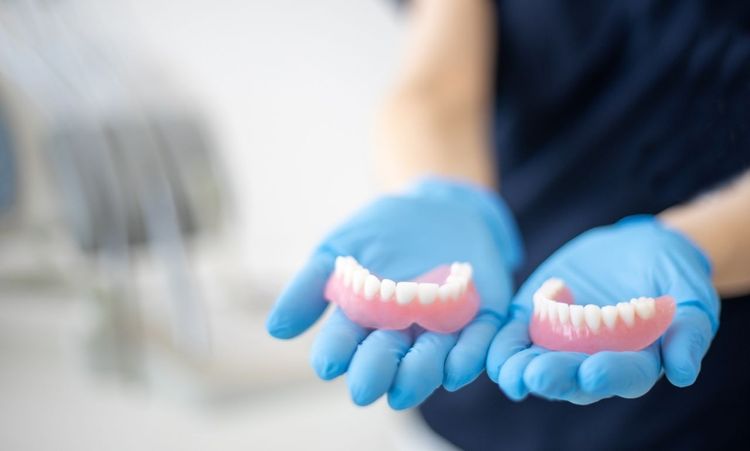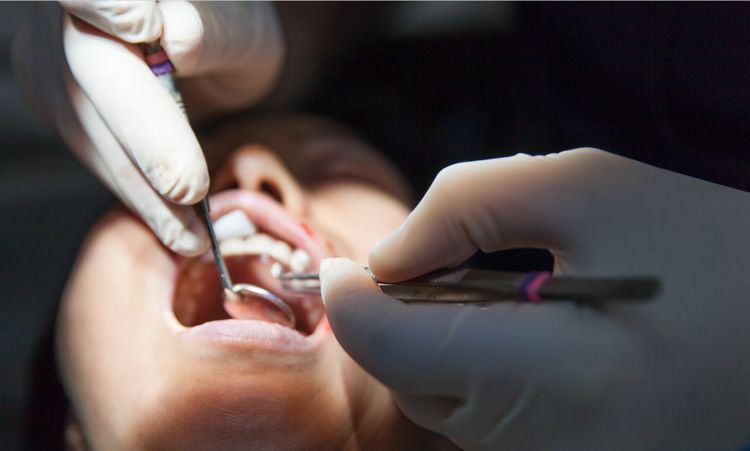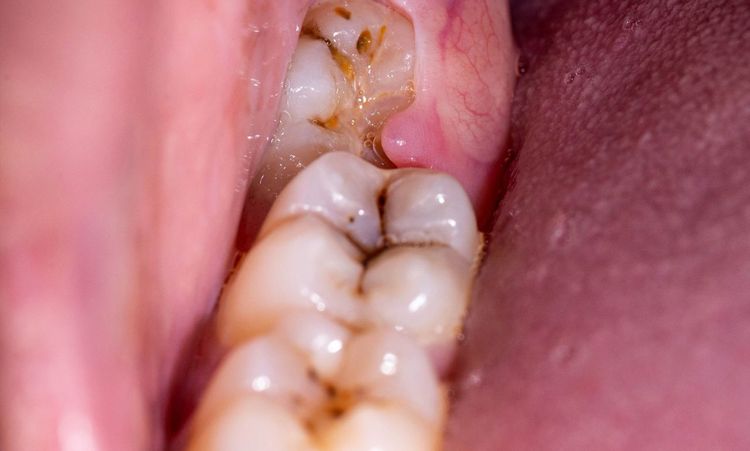Have you ever wondered why so many people turn to dentures as part of their dental care? Could the journey towards a perfect smile often take unforeseen detours? In a world where dental health is increasingly prioritized, many individuals still face challenges leading to tooth loss. The reasons for which people seek dentures are as varied as the individuals themselves, ranging from cavities and gum disease to accidents and aging. Though some see dentures as a badge of aging, others see them as an opportunity for restoration that puts them back in the position to enjoy food, speech, and social contact fearlessly. Let's dive in and explore some of the most common reasons:
Aging
As we get older, our risk of tooth loss increases. According to the National Institute of Dental and Craniofacial Research, 27.27% of seniors over 65 have no remaining teeth. Gum disease, tooth decay, and dry mouth contribute to age-related tooth loss.
Poor Oral Health
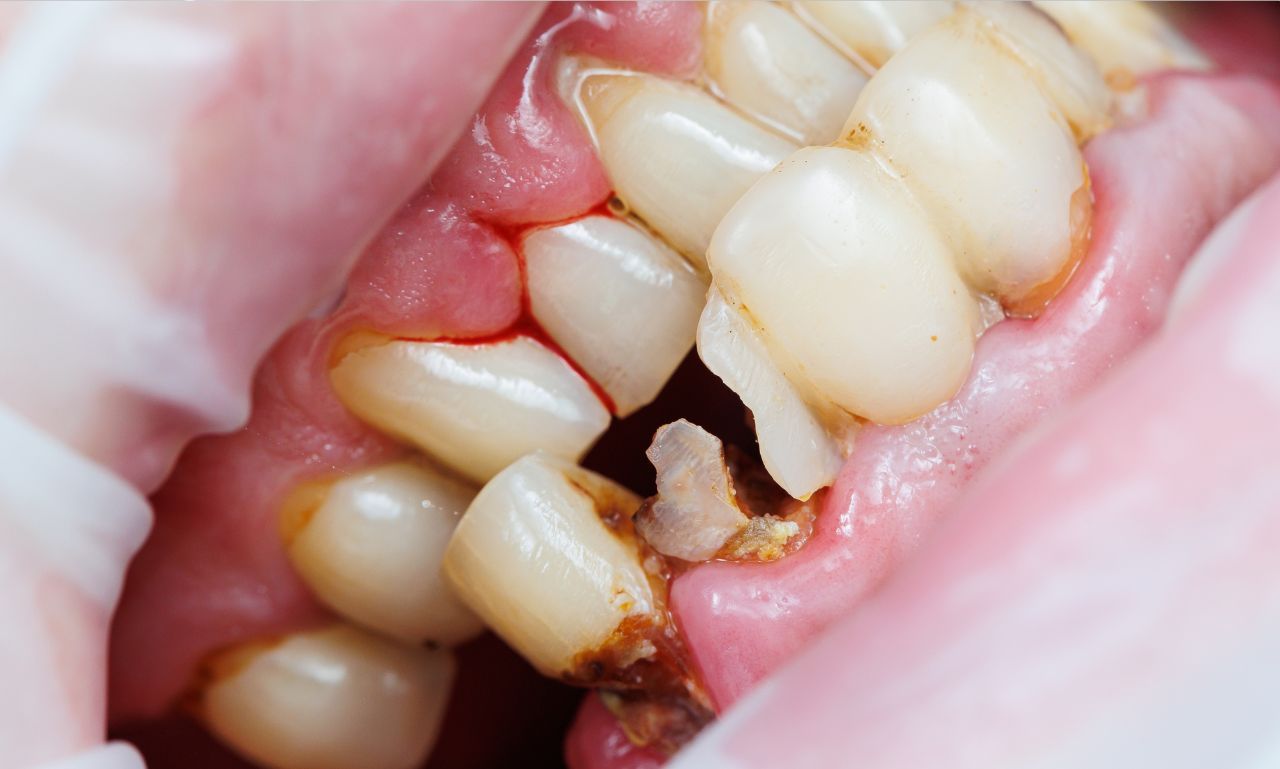
Regarding oral hygiene, neglecting regular dental check-ups and skimping on brushing and flossing can damage your teeth. Gum disease, or periodontal disease, is a major culprit when it comes to tooth loss. When bacteria builds up on your teeth and gums, it can cause inflammation and infection, eventually leading to receding gums and loose teeth.
When cavities go untreated, they can progress deeper into the tooth and even reach the nerve. At that point, a root canal or extraction may be necessary.
Tooth injuries
Accidents happen, right? Whether it's a sports injury, a fall, or biting down on something hard, teeth can get chipped, cracked, or even knocked out entirely. Ouch! Depending on the severity of the damage, the tooth may not be salvageable, and extraction may be the only option.
I have a friend who lost a front tooth while playing hockey. He had to get a partial denture to fill the gap until he could get an implant. Initially, it was a bit of an adjustment, but he was just happy to have his smile back!
Medical conditions
Believe it or not, certain medical conditions can also impact oral health and contribute to tooth loss. For example, diabetes can increase the risk of gum disease, while gastrointestinal reflux (GERD) can cause erosion of the tooth enamel from stomach acid.
Some medications can also have side effects that affect oral health, like dry mouth, which increases the risk of tooth decay. It is always a good idea to let your dentist know about any medical conditions or medications you take.
Why Do People Get Dentures?
So why do people choose dentures? There are many benefits to this tooth replacement option:
Restoring Oral Function
One of the main reasons people get dentures is to restore their ability to eat and speak properly. Losing teeth makes it difficult to chew food effectively, leading to digestive issues and nutritional deficiencies. Dentures allow you to eat a wider variety of foods and speak more clearly.
Enhancing Appearance
Tooth loss can significantly impact your appearance, making you look older and affecting your self-esteem. Dentures can give you a natural-looking smile and support your facial muscles, enhancing your overall appearance.
Preventing Further Oral Health Issues
When you lose teeth, the surrounding teeth can shift out of place, leading to bite problems and jaw pain. Dentures help maintain proper spacing and prevent these issues. They also make it easier to keep your mouth clean and prevent further tooth loss.
Improved Oral Functionality
In addition to helping with eating and speaking, dentures can improve other aspects of oral function. For example, they can support the lips and cheeks, preventing that "sunken-in" look that can happen with missing teeth.
Dentures can also help evenly distribute the forces of biting and chewing across the entire jaw, alleviating pain and discomfort in the jaw joint and facial muscles. This is especially important for people who have lost all or most of their natural teeth.
Types of dentures
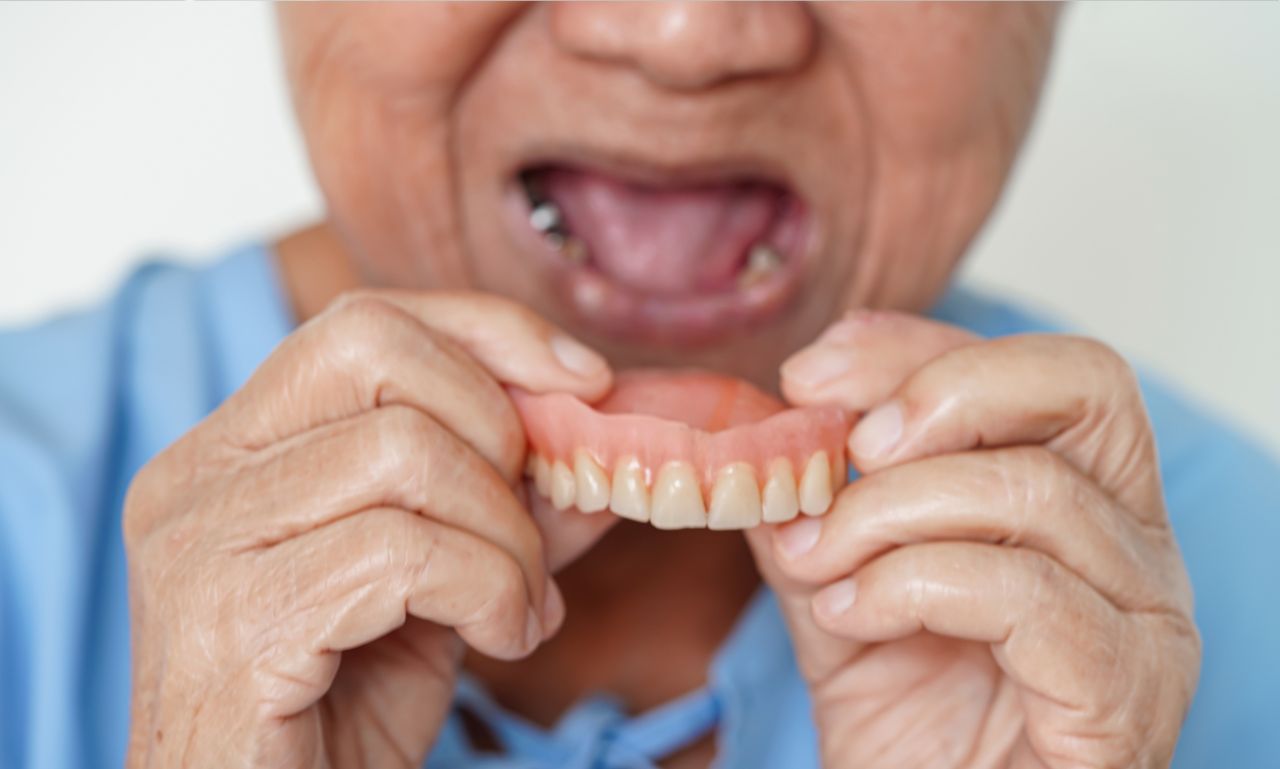
Here's a quick rundown of the most common types:
Overdentures
These are a type of dentures that fit over and attach to any remaining natural teeth or dental implants. The advantage of overdentures is that they are more stable and secure than traditional dentures, plus they help preserve the jawbone and prevent further bone loss.
Partial Dentures
If you're only missing a few teeth, a partial denture might be the way to go. These are designed to fit around your existing natural teeth and fill in the gaps where teeth are missing. They usually clip onto the natural teeth with metal clasps for stability.
Immediate Dentures
These are temporary dentures placed immediately after tooth removal. They allow you to keep your teeth during the healing process before your permanent dentures are ready.
Full dentures
When all or most of the natural teeth are missing, a full denture (upper, lower, or both) is used to replace the entire arch of teeth. Most people think of full dentures when they hear the word "dentures." They rest on the gums and are held in place by suction and/or denture adhesive.
When Is It Time for Dentures?
When is it time to get dentures? Here are some signs to watch for:
- Severe tooth pain or sensitivity
- Loose or shifting teeth
- Difficulty chewing or speaking
- Chronic bad breath or a bad taste in your mouth
- Gums that are red, swollen, or bleeding
If you're experiencing any of these symptoms, you must see your dentist immediately. They can help determine whether dentures or another treatment option is right for you.
There's no set age for getting dentures - I've had patients in their 30s and patients in their 90s. The most crucial factor is the health of your teeth and gums. While some people may be good candidates for other tooth replacement options like dental implants, dentures are the most practical and affordable choice for many.
What is the average age at which to get dentures?
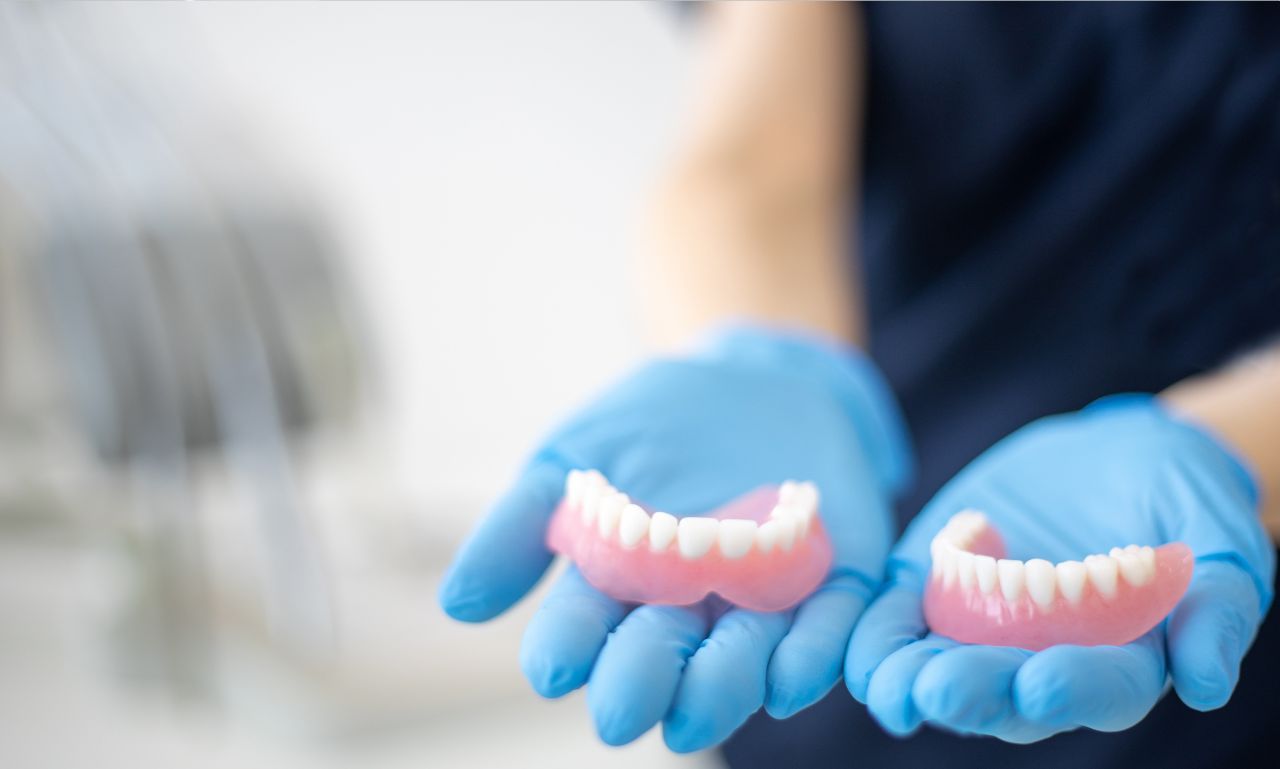
There's no set age when most people get dentures. While tooth loss and the need for dentures become more common as we age, people of all ages can end up needing dentures for various reasons.
According to recent surveys, the average age of denture wearers is around 63-65. However, younger people in their 40s and 50s also frequently need dentures due to genetics, poor oral hygiene, or medical conditions.
Why do so many people have false teeth?
Dentures are super ordinary these days, and in a way, they are. According to the American College of Prosthodontists, over 41 million Americans wear dentures, which is expected to grow as the population ages.
Conclusion
Dentures are among the most common and effective solutions for tooth loss. Whether due to age, poor oral hygiene, injury, or medical conditions, dentures can restore your smile, confidence, and quality of life. If you're considering dentures, the first thing you should do is make an appointment with your dentist. They will be able to assess your oral health and discuss options with you to determine the best decision for your specific needs.
Remember, dentures are nothing to be ashamed of. It is a sign that you are taking charge of your oral health and investing in your general well-being. With proper care and maintenance, your dentures can last for years, giving you a beautiful functional smile.
